The Global Library of Women’s Medicine
Loading...
Enhancing the Welfare of Women
Expert Health Information for Women
Postmenopausal bleeding
Bleeding after the menopause

The Global Library of Women’s Medicine
(www.glowm.com)
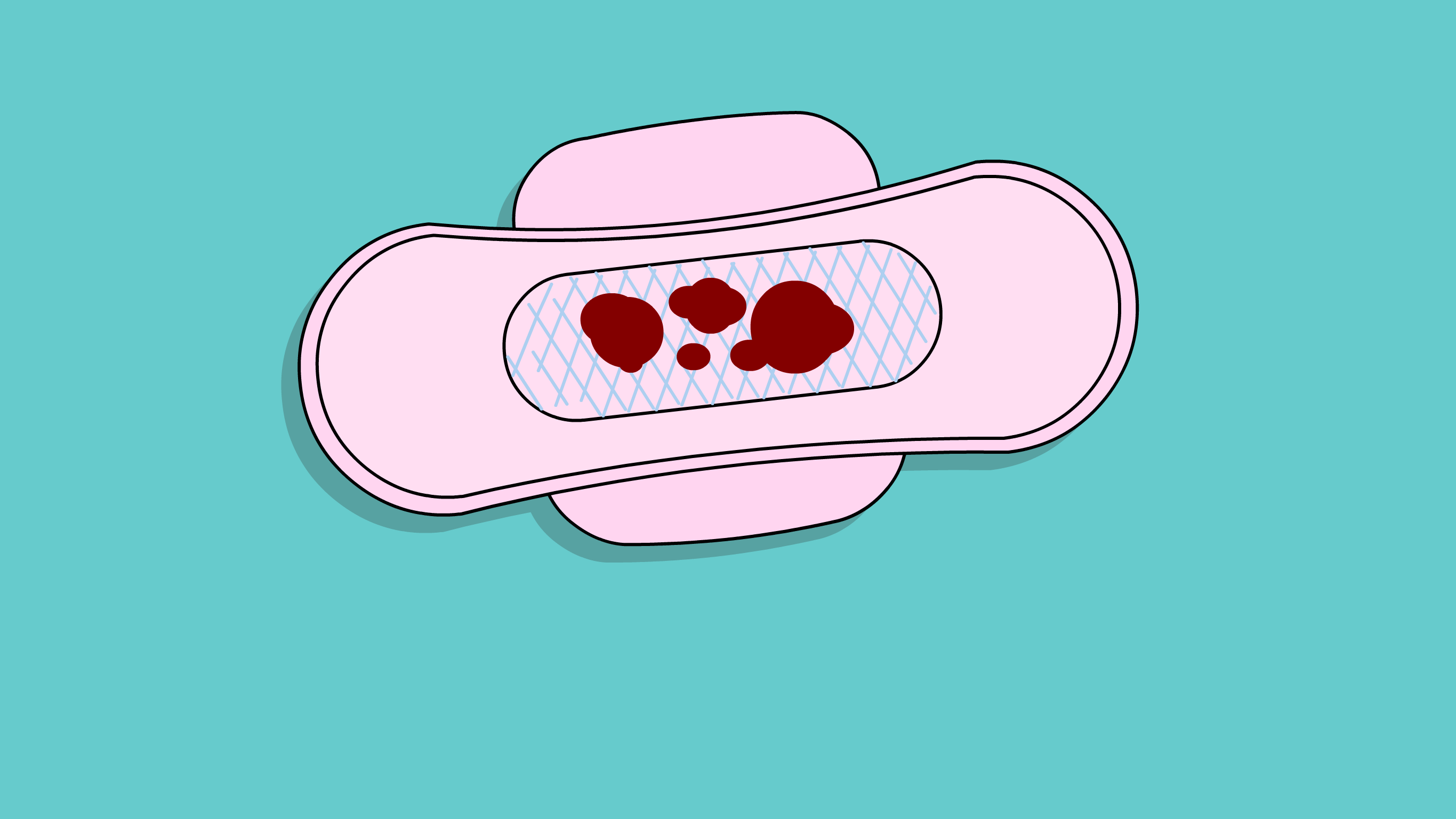
Postmenopausal bleeding is when a woman has vaginal bleeding after she has gone through the menopause.




The menopause happens when a woman stops having periods (vaginal bleeding) for at least 1 year. This normally happens when a woman is in her late 40s or early 50s.


Women should not bleed after the menopause. This is not normal and needs to be checked by a doctor or healthcare worker, even if it is just a small amount of blood.

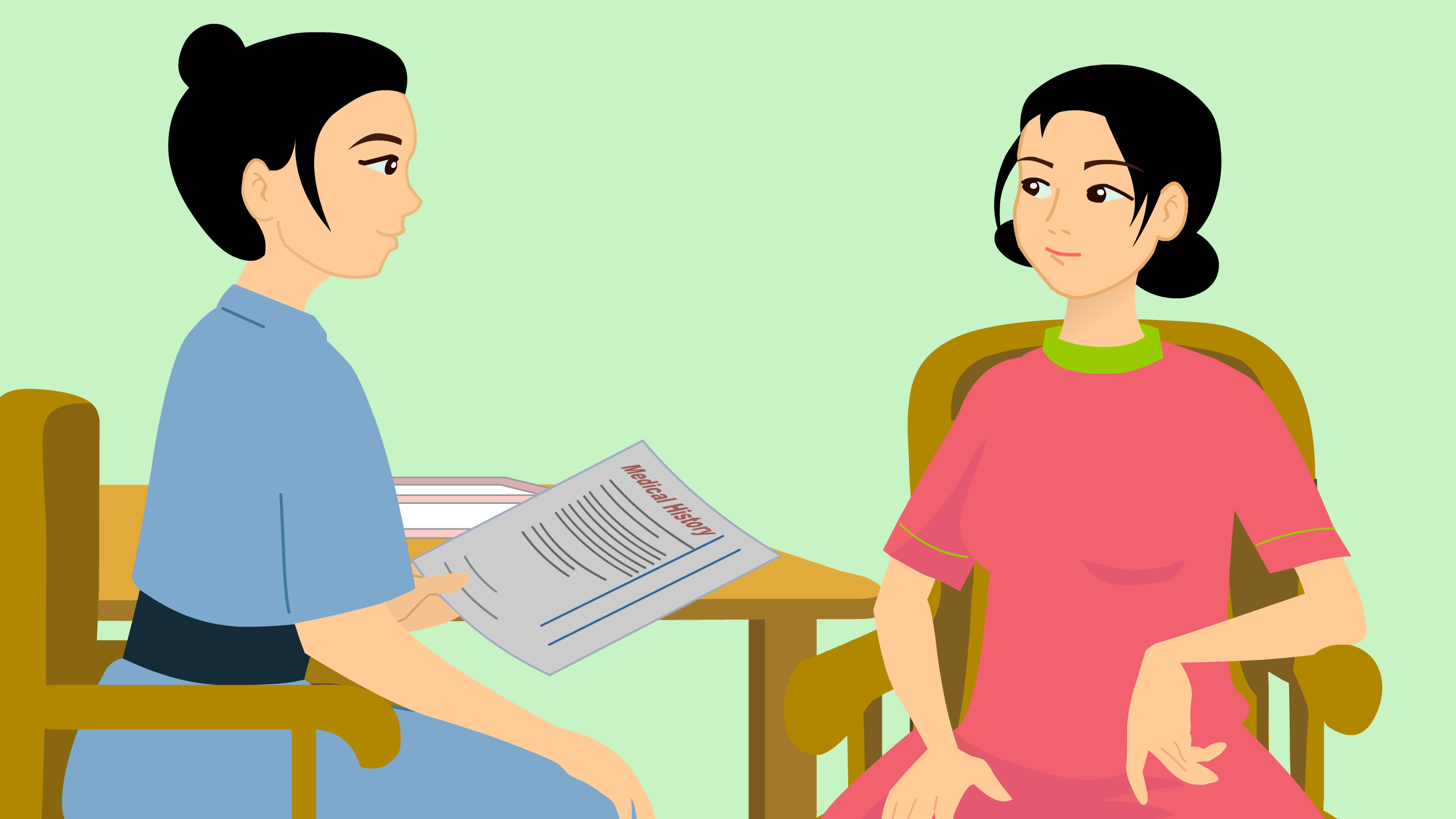

There are lots of causes of bleeding after the menopause. For most women, it is nothing serious.
However, in a small number of women, it can be a sign of cancer. This is why it is important to see your healthcare worker as soon as possible.

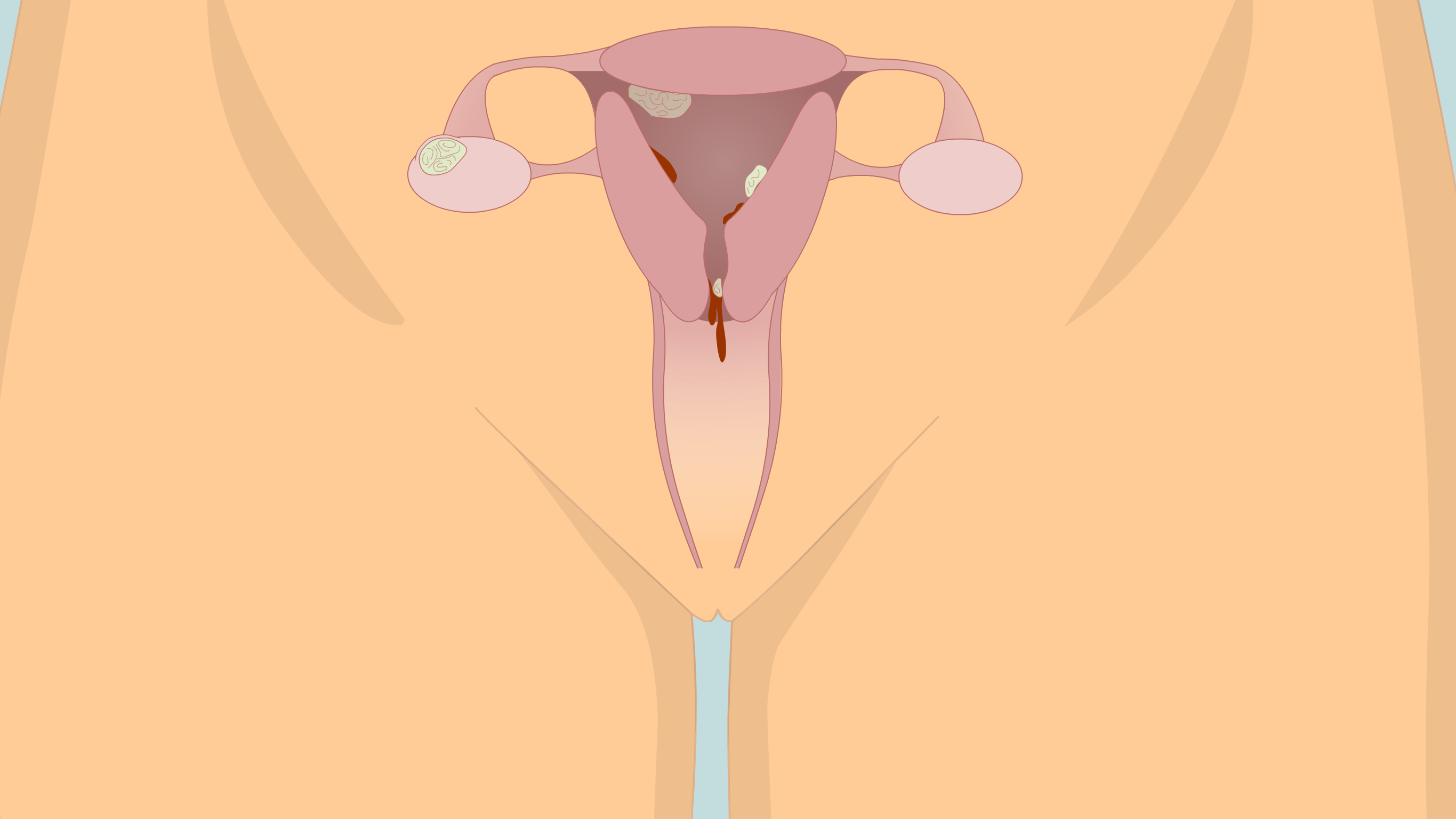




Cancers that affect the neck of the womb (cervix), the lining of the womb (endometrium),
vulva (outer skin between the legs) or ovaries can cause bleeding for some women.

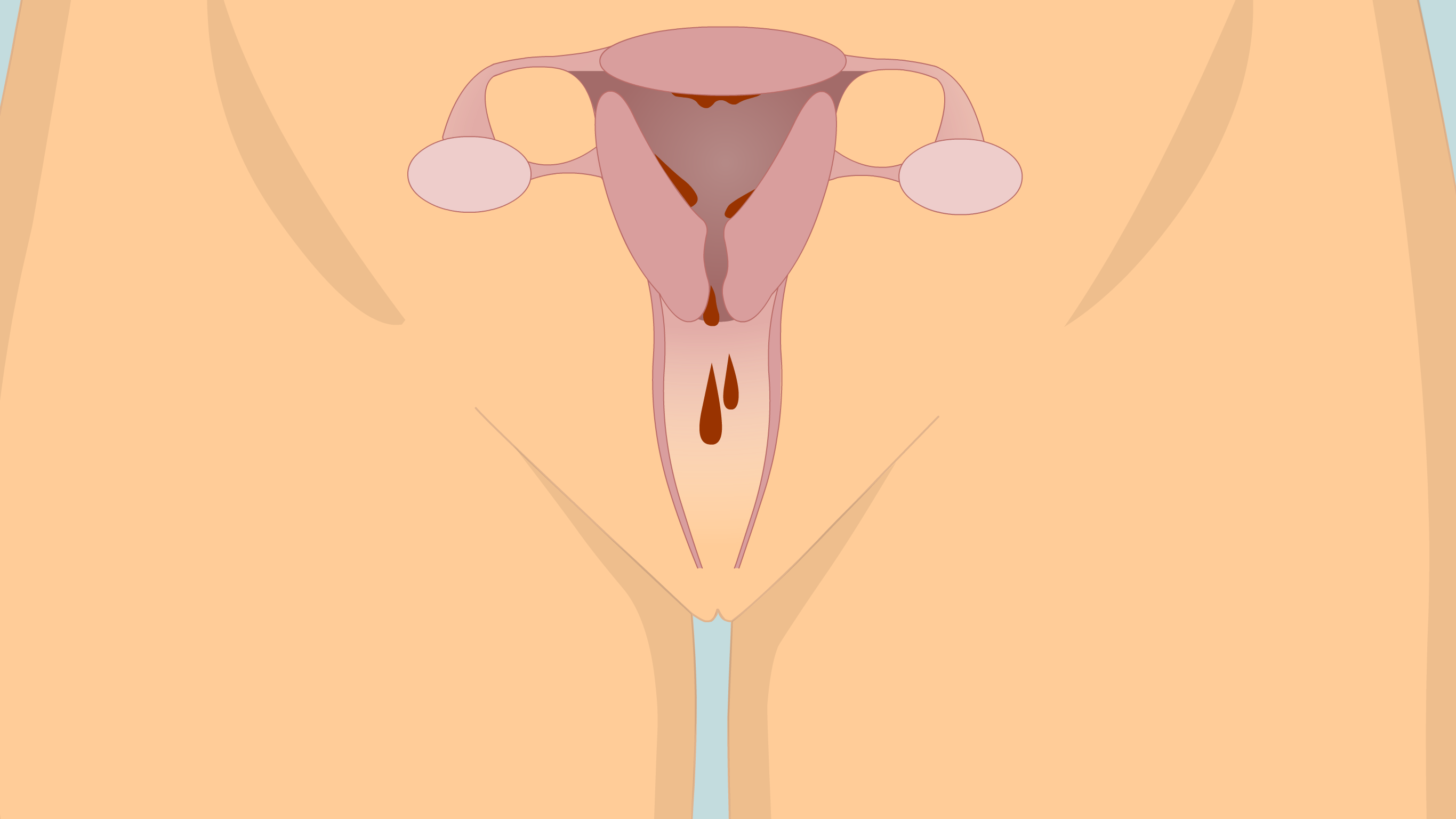
There are many other reasons for bleeding after the menopause that are not due to cancer. Common causes are:

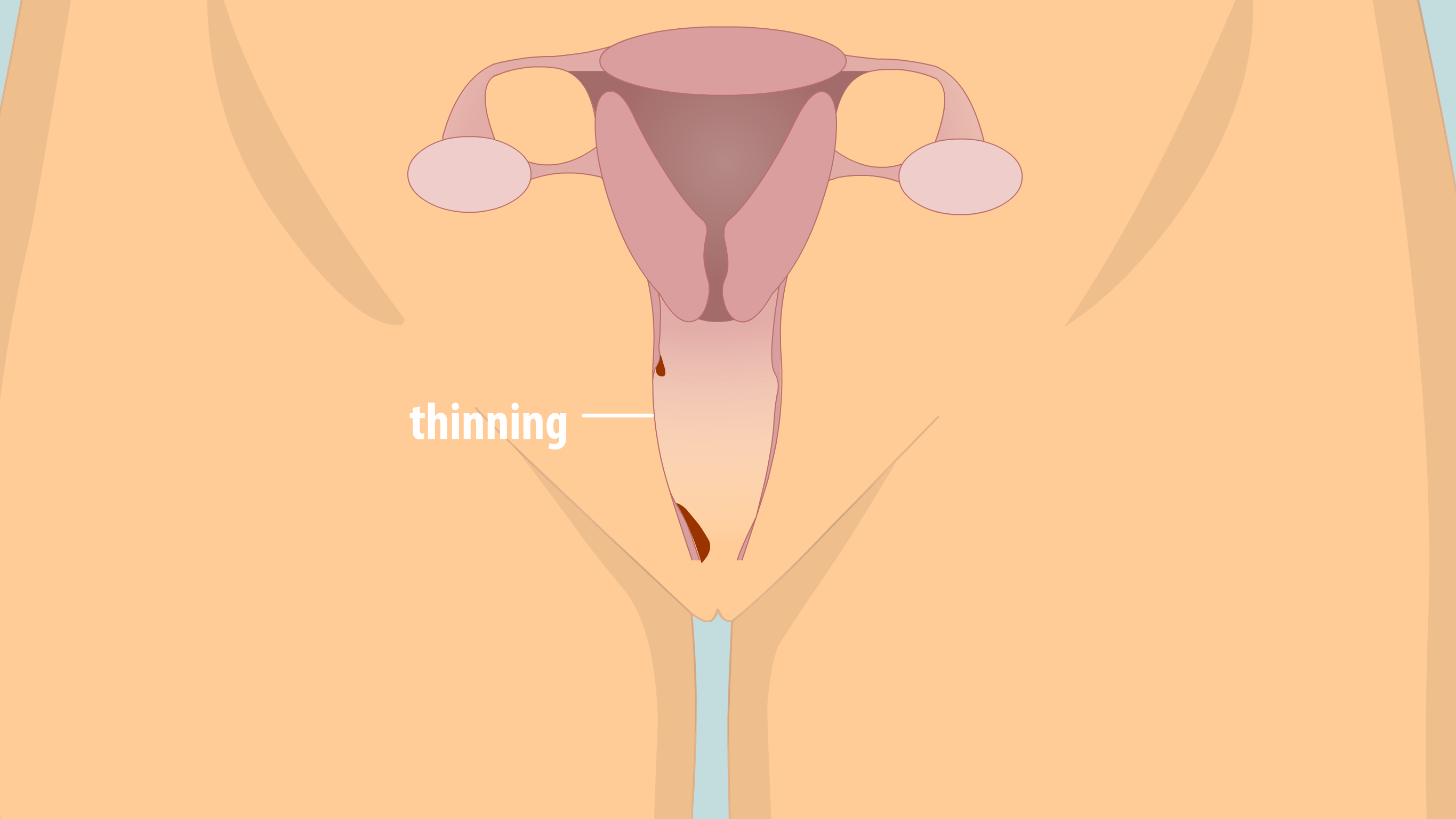
Thinning of the skin in the vagina

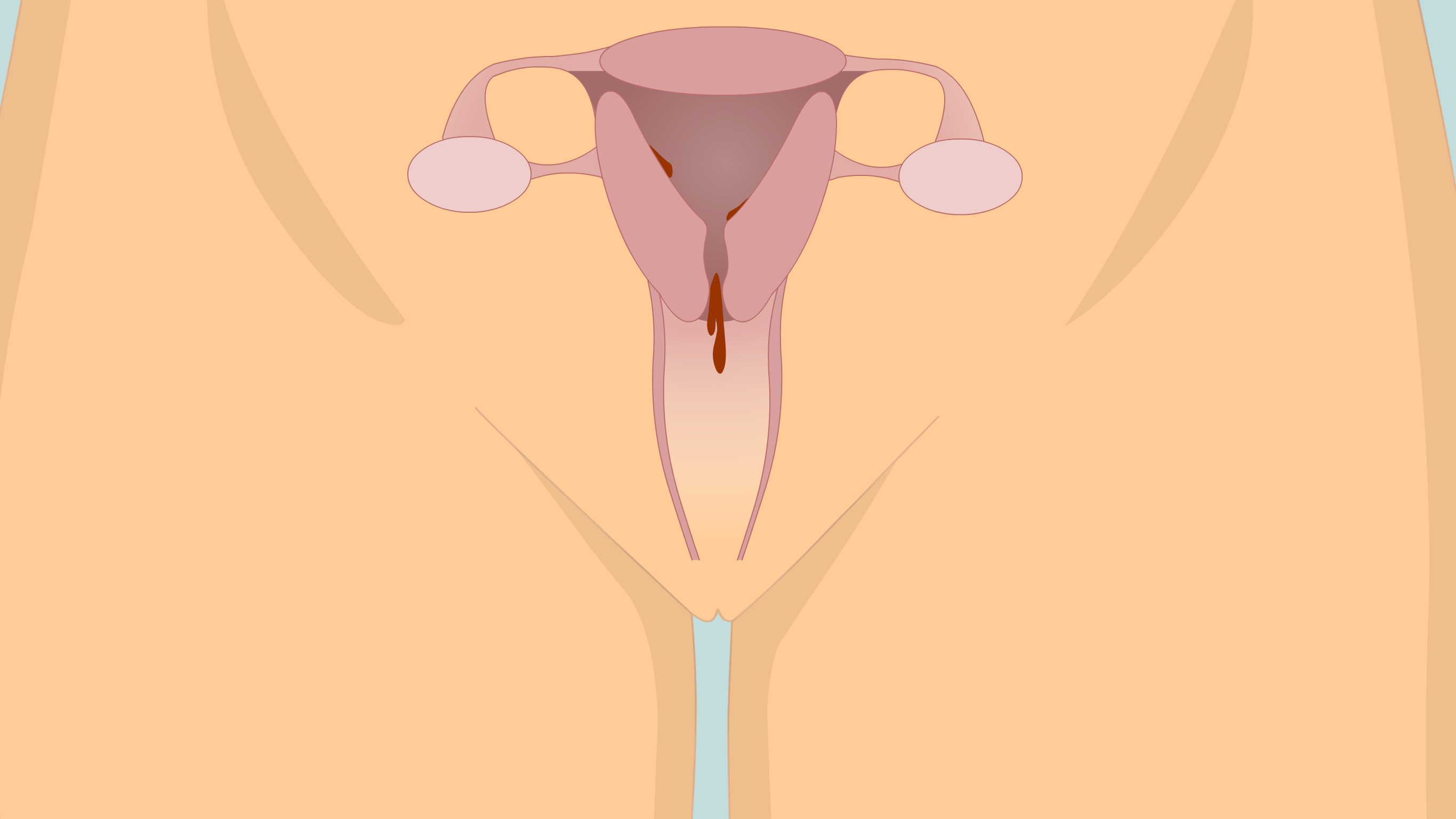

Infections

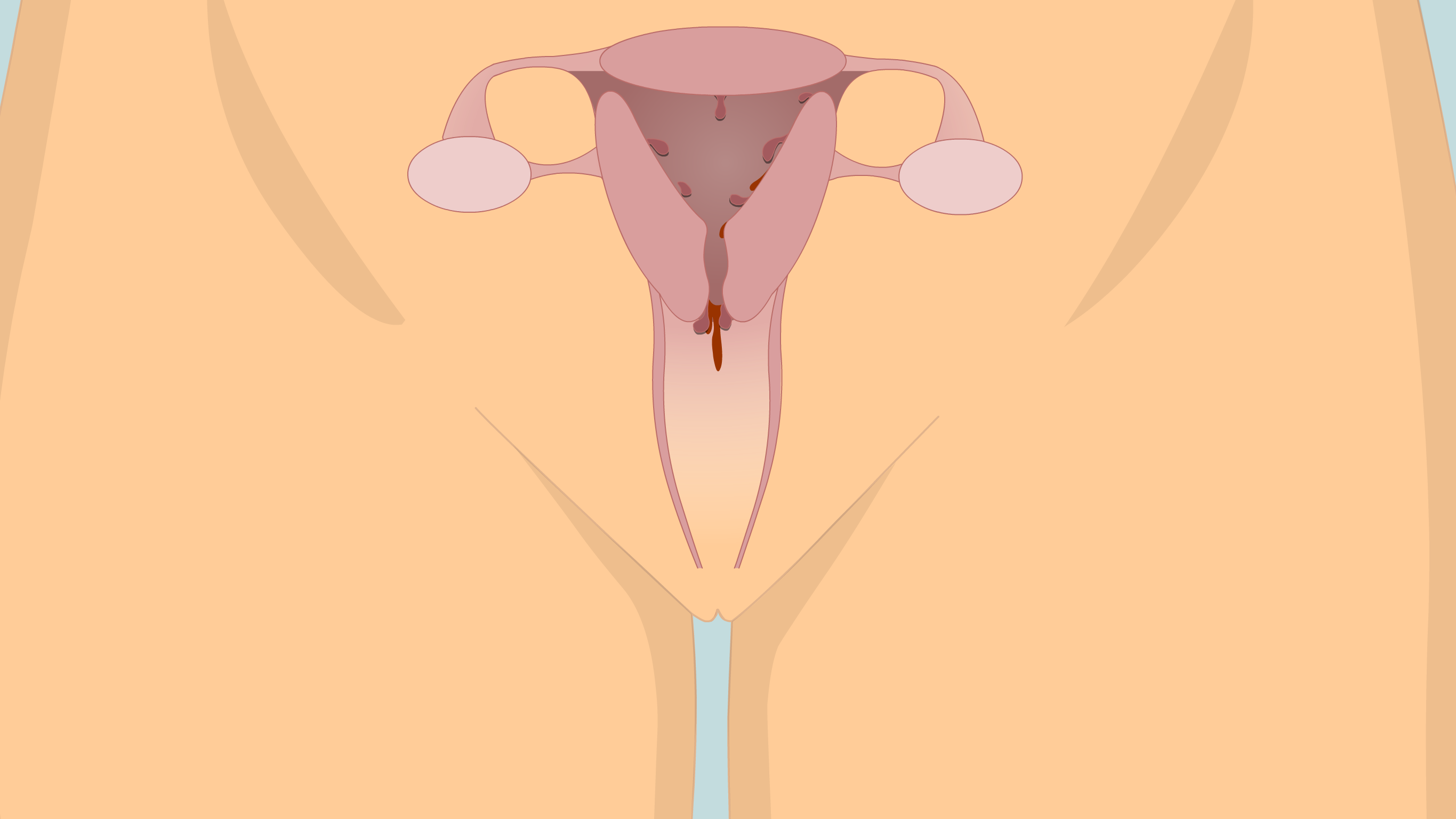

Small growths called polyps, which are overgrowths of tissue on the lining or the neck of the womb


Medications that make you more likely to bleed

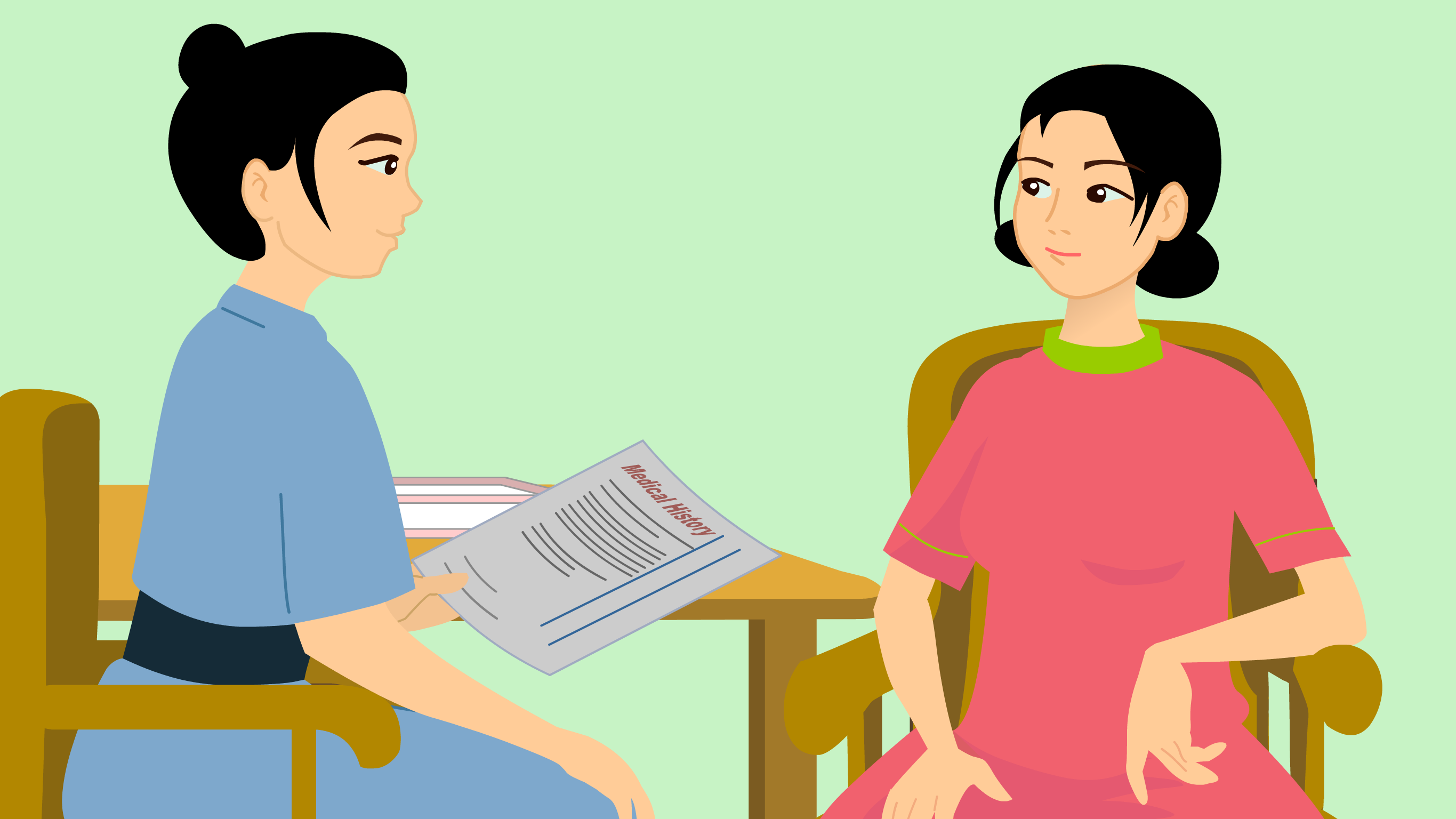
Anyone with bleeding after the menopause should be seen by a doctor or healthcare worker to find out the cause.
When a cause for bleeding is found quickly, it means treatment is easier and works better.

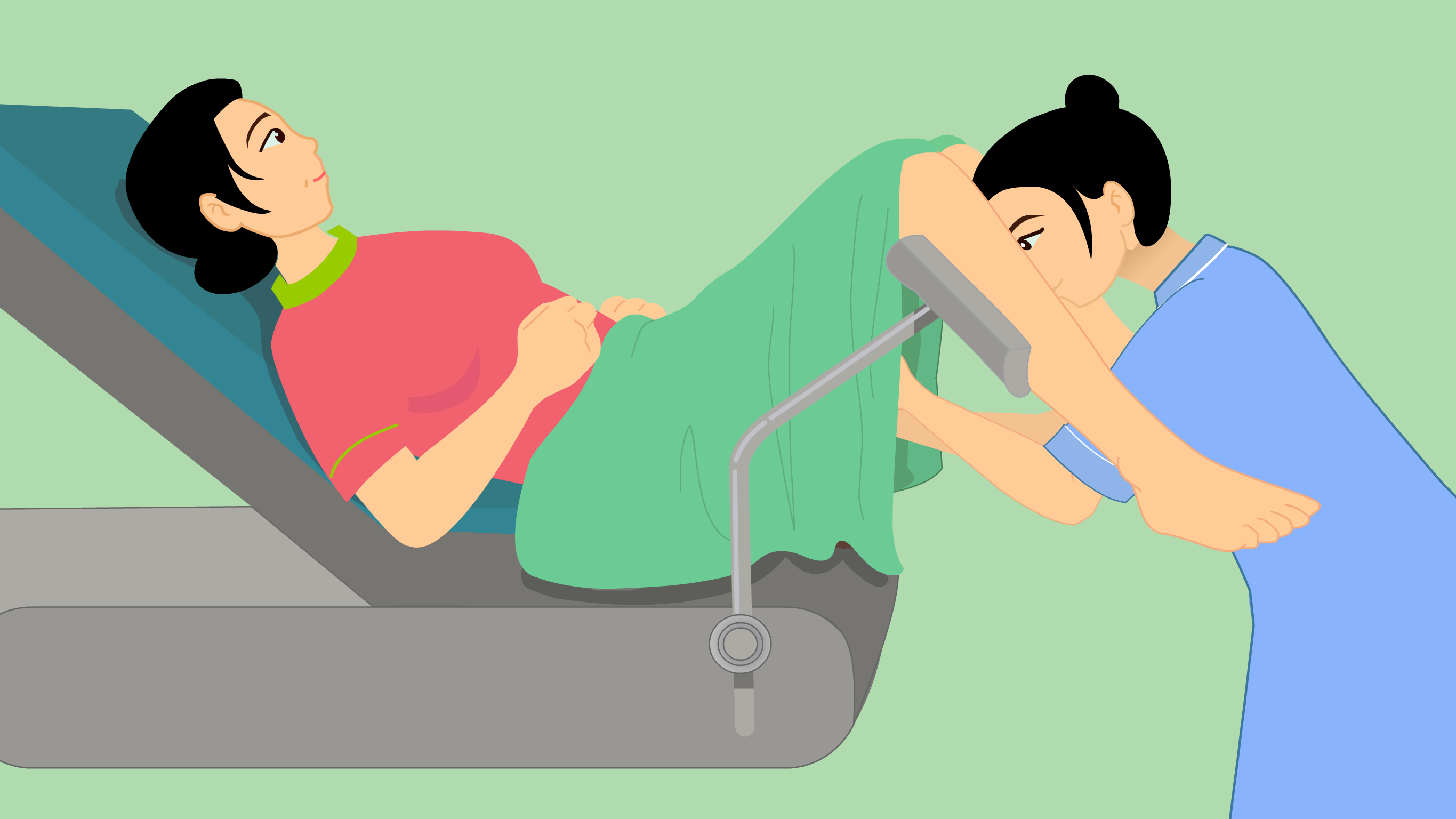
To find the cause of the bleeding, your healthcare worker will ask you some questions. Then they will usually recommend an examination.
This is often an examination of the tummy and an internal vaginal examination.



Sometimes a scan, such as an ultrasound, will be needed. Some women will need other tests. Your doctor will discuss which tests are the right ones for you.


The majority of women who have bleeding after the menopause do not have cancer and can be treated very easily. If you do have cancer, finding it early makes it easier to treat and cure.



If you have been through the menopause and notice bleeding from the vagina, it is important to get this checked. See a healthcare worker as soon as possible to make sure it is nothing serious.

The author of this POSTMENOPAUSAL BLEEDING programme is:
- Dr David Rook
Liverpool Women's NHS Foundation Trust, UK
The Welfare of Women programme has been created under the General Editorship of Dr Kate Lightly, University of Liverpool, UK and is overseen by an expert International Editorial Board
/
